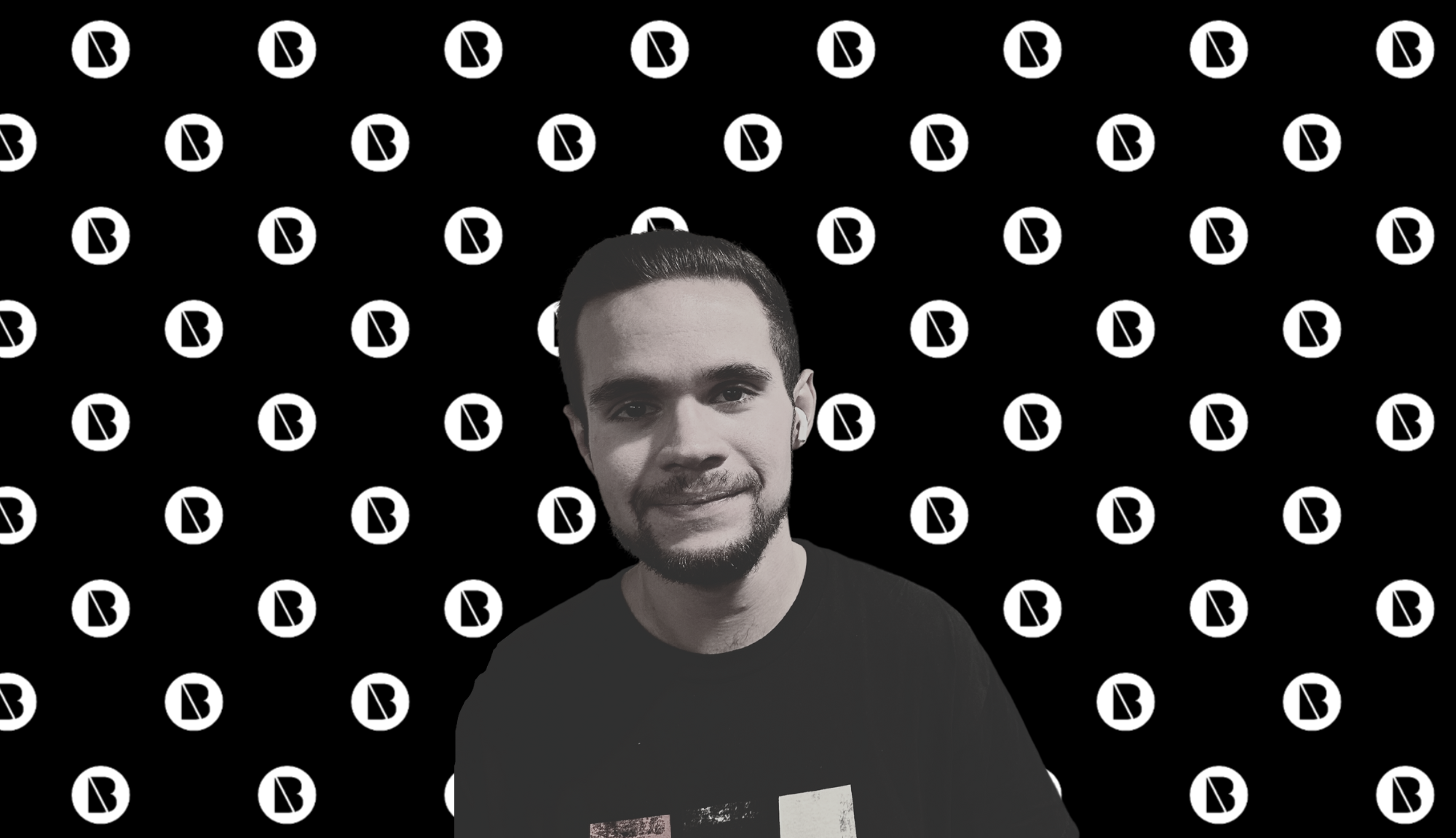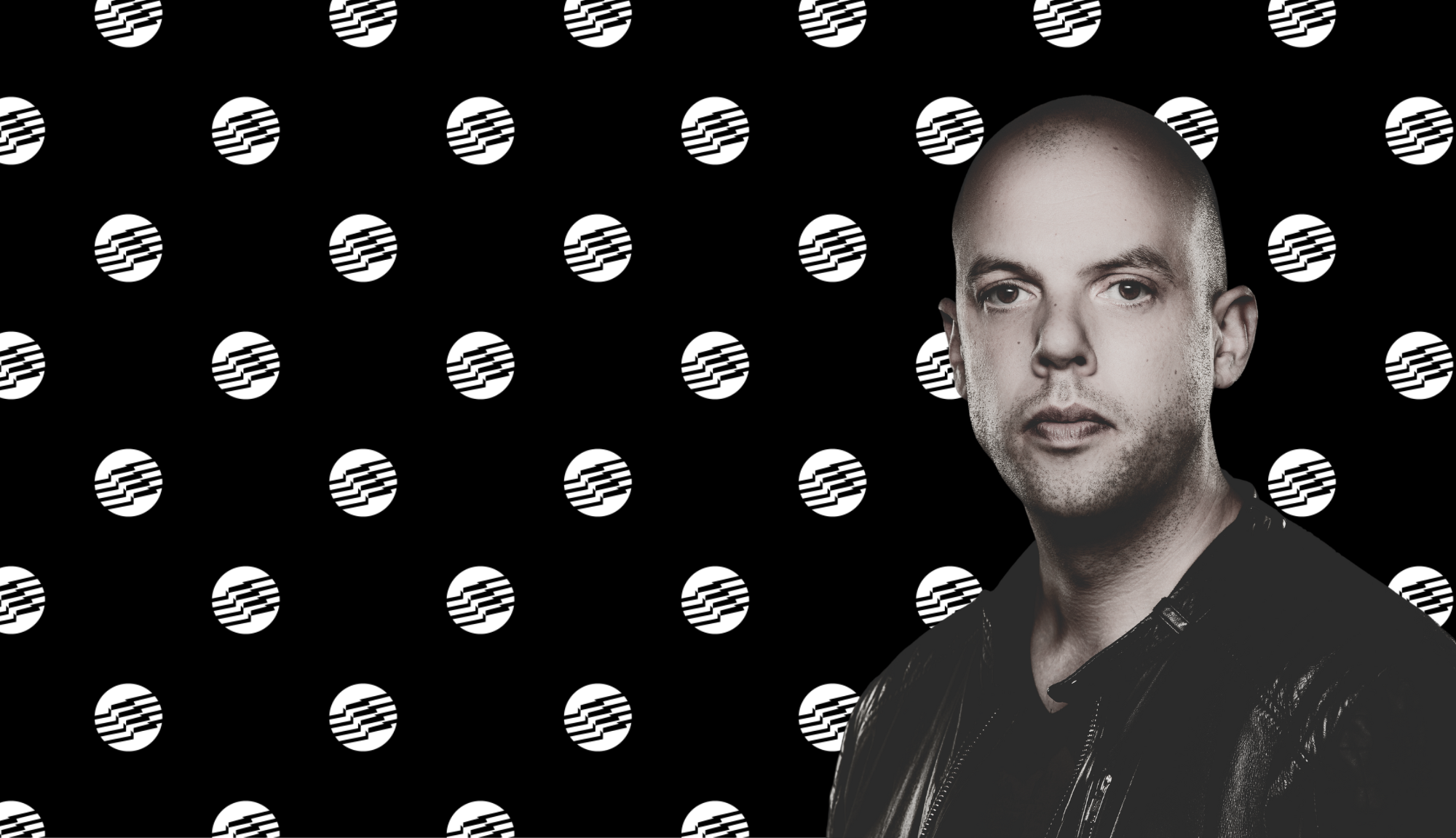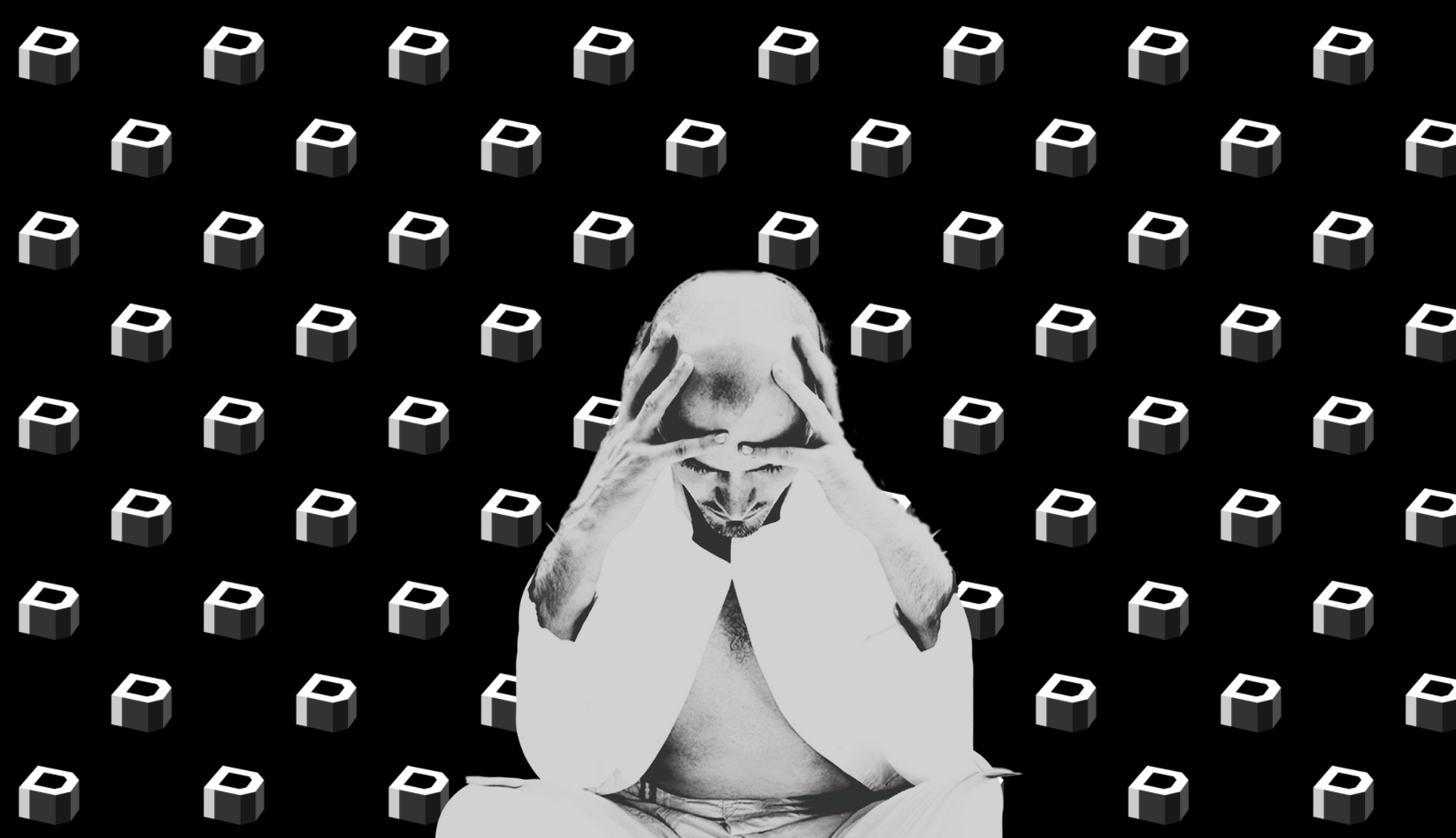Interview: Miles Shackleton COO @ Toolroom
 Dive into a thrilling conversation with Miles Shackleton, COO at Toolroom, as he retraces his exhilarating journey in the music industry. From personal anecdotes to professional insights, this exclusive interview promises a treasure trove of advice for aspiring artists and industry newcomers eager to carve out their own path. Don't miss this opportunity to learn from one of the industry's seasoned professionals.
Dive into a thrilling conversation with Miles Shackleton, COO at Toolroom, as he retraces his exhilarating journey in the music industry. From personal anecdotes to professional insights, this exclusive interview promises a treasure trove of advice for aspiring artists and industry newcomers eager to carve out their own path. Don't miss this opportunity to learn from one of the industry's seasoned professionals.
Interview with Miles Shackleton:
Question: What initially drew you to the music industry and working at a record label?
Miles: I’ve always been fascinated by independent record labels. As a music collector from a young age, I would obsessively read the liner notes in my music collection, and as my tastes developed over time I began to notice how most of my favourite records came from indies. Mute, XL, Warp, Rough Trade, Creation. And as I got more heavily into House music, labels like Paper Recordings, Classic, Roule, Cajual. If working in the music industry was a fantasy I occasionally indulged myself in, then working for an indie label – with the people who actually get to find and champion the music they believe in – was the ultimate daydream. That said, I had no serious plan to make it happen. My education was fairly ‘traditional’, in the sense I was pushed to study something academic at University (Politics in my case), then work my way towards an inevitably soulless graduate scheme placement at a bank or management consultancy. Thankfully, owing a deeply strange coincidence, this didn’t happen.
At university I had begun DJing (poorly), and had become obsessed about a record by someone called Mark Knight, on a new label called ‘Toolroom’. Some late night research on Google eventually led me to a holding page for the label, complete with email contact details. I tentatively reached out, and I think they were so enamoured with the fact the website was working, they offered to send me a vinyl for free. They asked for my address, and unbelievably, it transpired I lived next door to them. So a fairly niche House music record I had been tracking down for months, was made a matter of metres from my bedroom.
From that point, I essentially hung around them long enough that they offered me some part time work – this was in Toolroom’s very early days, back in 2003. My role was tiny, really junior, but I was hooked. Why? I still think to this day, that being around people who are deeply passionate about their job is the best environment to work in. The fact you could play a meaningful role in the lifecycle of a record, even if you weren’t the artist or producer, was something I adored. The fact you could listen to music loudly, wear trainers, be yourself. I also loved the sense of rebellion – the idea you could build a serious career in the creative industries if you have the will, some creative spark, and if you’re prepared to take risks. I only stayed at Toolroom for a brief period of time (in that stint), and went on to another independent called Eye Industries, before leaving the music industry for several years. But I was drawn back to the music industry, and working in a record label environment, because there’s nothing quite like it.
Question: Is there a specific piece of advice you'd give yourself back when you first started in the industry?
Miles: To really reflect on my skill development, and more specifically, to make my expertise T-shaped. This is a good way of reflecting about what you’re learning, what contribution you’re making to a wider business, and how you can push on in your career quicker.
What being T-Shaped means is is to initially go really deep on one skill area, which makes it easier to move upwards in a company quicker, through being an expert in one particular field. For example, that could be social media – being totally across algorithms, trends, content, paid media. Once you’ve mastered that – and perhaps reached a ceiling - it’s time to learn about directly adjacent areas. In that example, it might well be the wider marketing mix – learning about campaigns, marketing research, brand development, and how social fits into those. Focusing on a breadth of skills at this point allows you to move from a high level individual contributor to a team manager.
Getting into the music industry can take a lot of persistence and fight, so I think there’s sometimes a tendency – and I was certainly guilty of this in my early career – to enjoy the fact you’re working in it, rather than being truly reflective about where you’re going, what you’re learning, and what your next steps should be. Being T-shaped in your skill development is a great way of framing this.
Question: How do you handle the pressure and demands of the music industry while maintaining your own well-being?
Miles: I personally think that the pressure people feel in the music industry comes from two main things – job insecurity, owing to fierce competition (there’s always someone else who desperately wants your job) – and the burnout that comes from the blurred lines between professional and personal lives.
For the former, one thing that really helps me is constantly focusing on my skill development. Reading widely, reading deeply, in my areas of expertise. Investing in education, courses, qualifications. This sharpens your abilities and makes you perform better, but also makes you even more employable, and therefore feel more confident and less stressed. I recently studied for a Masters in Music Industry Entrepreneurship at WaterBear, and although it was extra work, it felt like a huge personal achievement and positive move.
For the latter, whilst I think it’s an amazing thing that our professional and personal lives are enmeshed – after all being around your hobby and passion at all times is what drives many of us – I also think it can lead to an unhealthy work/life balance. It’s so important to switch off. I personally exercise every morning as a means of resetting myself and taking care of my own well-being. I limit my phone time in the evenings, to avoid being trapped in email mode late at night. And I make sure to still enjoy music outside of my professional context – listening to and finding music purely for myself, and no other reason.
Question: Can you share a memorable or defining moment in your career that had a significant impact on you?
Miles: One moment that stands out as being defining for my career was at ADE 2016. We had just negotiated a partnership with a company called Faderpro to launch a number of online production courses with our artists. I know these are everywhere now, but back then, it was quite an innovative concept. To announce the new venture, we decided to rent a small studio in Amsterdam, ask the legendary New York artist Harry Romero to host a live production session, and invite some budding producers and Toolroom fans to come along and watch.
I remember being stood at the side of the room, and watching how totally entranced the audience was. I’d never seen such concentration (especially in the iPhone era) from a group of people – they were utterly captivated by what Harry was saying and doing. Because at the time, that kind of real-world knowledge and insight was simply not available to people. And in that moment, I honestly pictured what the whole Toolroom Academy business could be – worldwide conferences, interactive online programmes, branded music tech products, breaking that barrier down between the artist and the label. I just totally knew it would work. As soon as I got back to HQ I started hatching a plan to make it happen, and I’m super proud of what the Academy has become. But it all came from that epiphany when watching Harry Romero at work, and I’ll never forget that.
More broadly, in terms of personal development, what tends to make impacts in my career is when I run at things that I find uncomfortable. I was recently asked to be interviewed on Sian Bennett’s brilliant Business Keeps on Dancing podcast – as a behind-the-scenes marketing person, my instinct was to pass the opportunity onto someone else. But I did it, and quite a few opportunities came through it. It’s probably a cliché, but when you challenge yourself on a personal level, that’s where the impactful and defining moments come.
Question: What qualities do you look for in an artist when considering signing them to your label?
Miles: When it comes to signing individual tracks to the label – be it an album exclusive, on a sub-label, or for Toolroom itself – it really just boils down to the music. On a track-by-track basis, we do not care about social media followers, artist profile etc – it’s purely a musical decision. We’ve put out music from artists with literally zero followers, because we believe in it. Thankfully we have an amazing ecosystem with our online community, meaning we can bring a track to market without necessarily needing the artist to have huge profile. I think it’s that commitment to music quality, above all else, which has kept Toolroom so successful over its 20 year history.
If you’re talking about signing artists to longer term deals – which may include multiple singles over a year, performing regularly at Toolroom events, potentially signing to management or publishing deals – then we look for wider qualities, in addition to making great music. I was talking to Mark about this today, and one thing he really looks for is a sense of energy. He is always looking for artists who have that relentless drive and sense of ambition, almost to the point we feel we can’t keep up with them. I also personally love working with artists who have a clearly defined sense of style – in the sense of their musical identity, their aesthetic, their musical references, their creative world. That quality gives us a lot to play with on a marketing level, and gives them a chance to really cut through and build a fanbase.
Question: What are the common mistakes artists make when approaching record labels?
Miles: I’m sure this is a regular answer, but it’s worth repeating – not doing your research on a label is a common mistake that’s made by aspiring artists. It’s always worth considering that A&Rs have a finite time to look at demos from new artists – they are also spending a lot of time cultivating relationships with aspirational artists, working on release schedules, helping to get tracks over the line, collaborating with marketing teams, and much more. So you have a relatively small window to impress. And if you can lead your approach to a label with a considered email about their recent releases, and some context as to why the demo would be worth listening to, then you stand a much greater chance of fitting into that window. It feels like a personal approach, which is so much more enticing to an A&R. Conversely, sending scatter gun approaches to multiple labels - which I appreciate is more time-efficient for the producer – will ultimately reduce your chances of building relationships. If A&Rs begin to associate you with sending music that isn’t right for the label, then your chances of getting listened to a second time will decrease. Another mistake is assuming that one ‘no’ means the door is closed. Tenacity is key. Jon and Chris from Leftwing:Kody often remind us how many no’s they got from Toolroom in the early days; years later, they have recently gone Gold Certified with us. Don’t get disheartened – take the feedback, regroup, go again.
Question: Can you provide some guidance on the importance of networking and building industry connections?
Miles: Networking is hugely important, both for artists and industry professionals. Ultimately. we all end up doing more for those with whom we have personal relationships – that’s human nature. So if artists are able to build connections with labels, it can make a difference. Approaching label staff at club events and conferences can work really well – it’s always flattering if someone strikes up a conversation and talks enthusiastically about your company and role – and reaching out online (via email), is also totally valid. As ever, it’s all about balance – not overstepping, but also being confident to reach out and build that relationship. There’s literally nothing to lose by trying it.
On a personal level, I’ve found Linkedin to be incredibly helpful in building my network. It’s an easy place to track down professionals at certain companies, and it’s an appropriate platform to build a new professional connection, because that’s its sole purpose (rather than being a personal social media account). I do think it can work for artists too – it’s an easy way to figure out who’s doing A&R at your target labels, potentially looking for junior A&R staff to build early relationships with.
Question: How important is an artist's image and branding in today's music industry?
Miles: It’s obviously hugely important. But the way I tackle this question is to ask why?
In today’s electronic music industry, artists need to be DJing regularly to make a sustainable career. In order to DJ regularly, you need audience demand (from clubbers). In order to get this demand, you need to build a fanbase, which in this day and age, is achieved (online) through clever branding and marketing strategies. Sadly, producing amazing music, or being an incredible DJ, isn’t quite enough. The thing that bothers me about the modern electronic music scene is how some incredibly talented producers – who make the music that sustains the whole wider industry – don’t always get the opportunities in the live space.
The best combination, in my opinion, is when artists combine a strategy around music releases with really good storytelling online. Having consistent releases with your target labels gives you the spine of your yearly strategy, and the authenticity to be an artist people should take note of. Combining this with consistently great content that gives viewers a window into your creative world (which can be done in a variety of ways), is how you build connections with fans.
What I would say to aspirational artists though, is don’t get too stressed about this. If you’re at the start of your journey, embrace that ‘creator’ phase. Turn off social media for a while if necessary – it isn’t going anywhere. Really lean into the joy of being creative above all else. Once you’ve got a load of great music ready to go, then you can start thinking about your brand and your image.
Question: Which artists have you signed from LabelRadar?
Miles: We run live A&R sessions on our Toolroom Academy Youtube channel every Wednesday at 3pm UK time, where we go through submissions on LabelRadar. And in our very first one, we signed a track on the spot! We actually released the track on Toolroom five weeks ago – ‘Real House’ by Loud About Us. Loads of energy, arranged really well, great mix, tonally in line with the Toolroom sound – everything we’re looking for. Hopefully the first of many more to come.
Question: How does LabelRadar help the music discovery process for you?
Miles: LabelRadar has hugely streamlined our music discovery process when it comes to listening to demos from new artists. In the past we’ve tried other demo submission sites, and we’ve tried having our own forms/email accounts; but LabelRadar is by far the most organised and easy-to-use platform. As COO of Toolroom, I’m ultimately keen to ensure our staff uses their time in the most impactful way for the business, and the feedback from our A&R team has been that it’s far easier and quicker to listen to new music, and send feedback to artists, in this manner.
More broadly, I’ve also been impressed with how the added insights have given additional context into our audience. Via the Toolroom Academy, we run educational programmes and offer production tools to help new artists reach their creative potential. With LabelRadar I’ve been able to quickly see the numbers of people using which DAW, which has aided our understanding of what educational content we should be offering. I’ve got clear data on which territories our demos are coming from, which makes me understanding the size of the production market in various countries. And I’m sure there’s loads more features we can look to explore this year and beyond.
If you don’t already have a LabelRadar account, you can sign up here.
Share this
You May Also Like
These Related Stories

Interview: Richard Lathrop, Label Manager @ Big Night Records

Interview: Rutger Bäumer, A&R and Label Manager @ Hysteria Records
